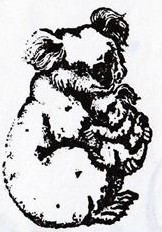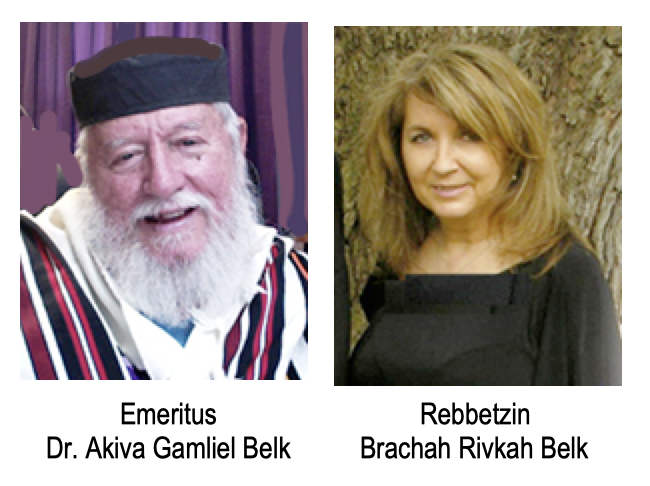Sefirot and Torah
Torah and the Sefirot
Elijah opened his discourse and said: Master of the worlds, You are One but not in the numerical sense. You are exalted above all the exalted ones, hidden from all the hidden ones; no thought can grasp You at all. You are He who has brought forth ten garments, and we call them ten Sefirot, and revealed worlds; and through them You conceal yourself from man. Tikkunei Zohar
The L-rd shall Establish you as a holy people to Himself, as He has Sworn to you, if you shall keep the Commandments of the L-rd your G-d, and walk in His Ways. Devarim (Deuteronomy) 28.9
You shall walk after the L-rd your G-d, and fear him, and keep His Commandments, and obey His Voice, and you shall serve Him, and hold fast to Him. Devarim (Deuteronomy) 13.5
If you are reading this then you have a passion to improve yourself, to become a better person, to grow into the one G-d Knows you can be.
At times it not only seems to be a difficult task, but an unobtainable one. That is not true. We can change. We can grow into the tzelem ( image ) and demut ( likeness ) of G-d. Tzelem is our spiritual side, the Breath of G-d that is perfect, yet hindered by our unlikeness to G-d in the physical world. We live in the land of unlikeness and are to transform it to a land of likeness.
Middah is measure or attribute and specifically refers to one of the Sefirot or one of the thirteen attributes of mercy which are rooted in Keter ( the head of the Sefirot ).
The word Kabbalah is derived from the Hebrew root kabal which means serving as a vessel ( to receive ). Chassidut is derived from the Hebrew word chesed meaning lovingkindness.
So how do we become a better person and what does this have to do with the Sefirot? Each Sefirah describes the Divine Effect on our soul.
Who is a G-d like you, who pardons iniquity, and passes over the transgression of the remnant of his heritage? He does not Retain his anger forever, because He Delights in mercy.
He will again have Compassion upon us; He will Suppress our iniquities; and You will Cast all their sins into the depths of the sea.
You will Show truth to Jacob, and loving mercy to Abraham, as you have Sworn to our fathers from the days of old. Micah 7.18-20
I see eleven attributes here.
- G-d Exists – there is no one like Him
- G-d Pardons iniquity
- G-d Passes over transgressions
- G-d does not retain anger
- G-d Delights in mercy
- G-d has Compassion on us
- G-d Suppresses our iniquities
- G-d Casts our sins into the sea
- G-d IS Truth
- G-d Shows loving kindness to Abraham and his descendants
- G-d Remembers and Keeps His promises
Who is G-d like You
If I sin against G-d He suffers the insult and does not withhold His Mercy.
G-d is Long Suffering
Who pardons iniquity
Rabbi Eliezer the son of Yaakov would say: He who fulfills one mitzvah, acquires for himself one angel-advocate; he who commits one transgression, acquires against himself one angel-accuser. Repentance and good deeds are as a shield against retribution. Pirkei Avot 4.11
Our Creator Bears our sins ( iniquities ) waiting for us to repent. He is Tolerant and does not let this accuser we have created destroy us.
Passes over our transgression ( our liability)
When you add Da’at to the Sefirot you have eleven not ten Sefira which then gives us eleven attributes.
As we study the Sefirot we will begin to see how we can become more like G-d
And G-d Said, Let us Make man in our image, after our likeness Bereishit 1.26
וַיֹּאמֶר אֱלֹהִ-ם נַעֲשֶׂה אָדָם בְּצַלְמֵנוּ כִּדְמוּתֵנוּ
In our Image …Like our likeness
יְהֹ-ה יְהֹ-ה אֵל רַחוּם וְחַנּוּן אֶרֶךְ אַפַּיִם וְרַב חֶסֶד וֶאֱמֶת:
נֹצֵר חֶסֶד לָאֲלָפִים נֹשֵׂא עָוֹן וָפֶשַׁע וְחַטָּאָה וְנַקֵּה לֹא יְנַקֶּה פֹּקֵד עֲוֹן אָבוֹת עַל בָּנִים וְעַל בְּנֵי בָנִים עַל שִׁלֵּשִׁים וְעַל
The L-rd(HaShem), The L-rd(HaShem) G-d(EL), merciful(Rachum – the desire to give and the will to withhold) and gracious(Vchanun), long suffering(Erech Apayim), and abundant(Vrav) in goodness(Chesed) and truth(Veemet)
Keeping(Preserver of) mercy(Chesed) for thousands, Forgiving iniquity and transgression (rebellion) and sin(chatah – to miss the goal or path of right and duty), and that will by no means clear (absolves) the guilty; visiting the iniquity of the fathers upon the children, and upon the children’s children, to the third and to the fourth generation: Shemot (Exodus) 34.6-7

Blessings and Peace
Rebbetzin Revi Belk
